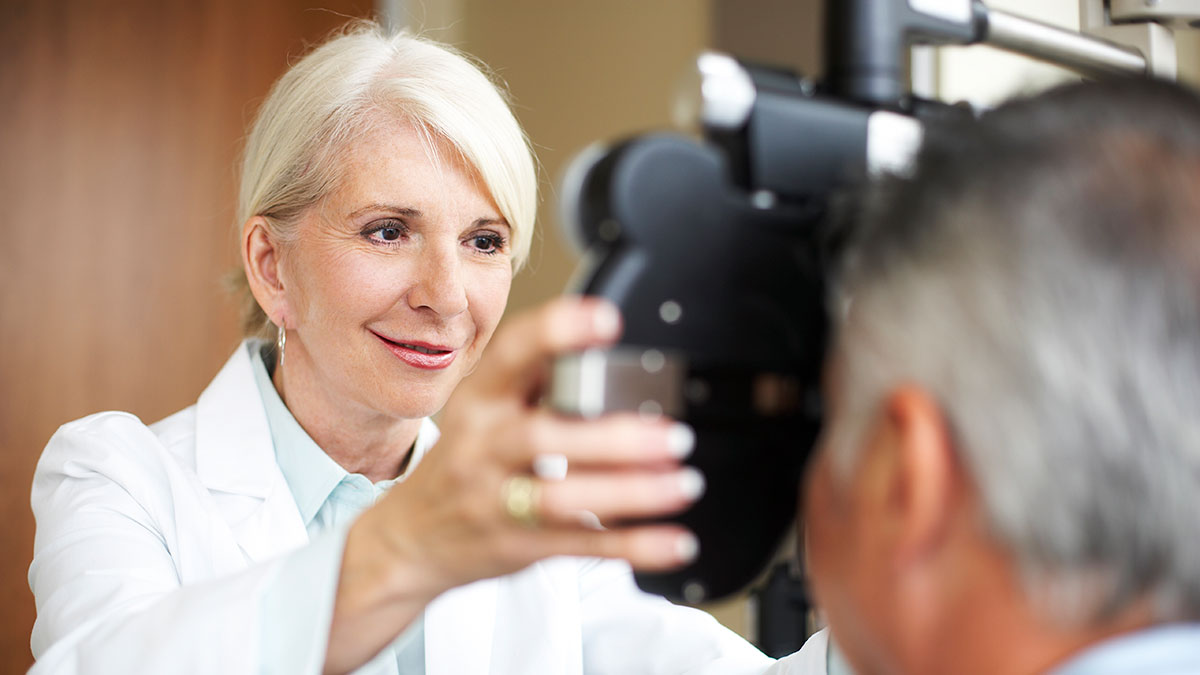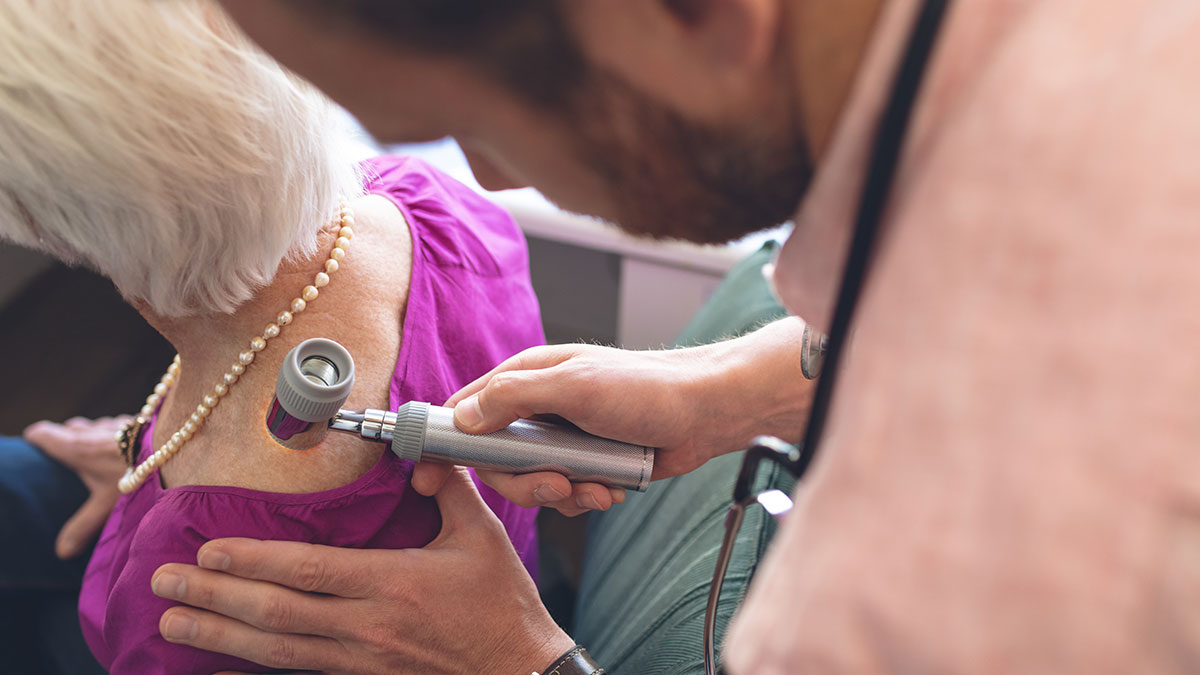Night blindness, as well as trouble seeing at night, can be a major problem if you need to drive after dark. Luckily, there are often ways to stay safe and improve your vision when driving at night.
Health checks you might have missed during the pandemic

Australians are behind on important and routine health checks. Taking the time to visit medical professionals regularly can help improve your quality of life. Here are some essential health checks you might have missed over the past few years.
Australians have been delaying key healthcare checks due to the COVID-19 pandemic, data from the Australian Bureau of Statistics (ABS) reveals.
More than 12 per cent of people delayed seeing a dentist, 9.8 per cent seeing their doctor and 7.3 per cent delayed seeing other medical professionals due to COVID-19, according to the ABS.
“It's understandable for people to have been cautious about leaving their homes to attend medical appointments since the start of the pandemic,” says OPSM optometrist Elizabeth Kodari. “But now is a great time to start putting your health first again, because a lot can change in the space of two years, like prescriptions for glasses and contact lenses.”
So, if you’ve been neglecting regular appointments and not sure where to start, here are some important health care checks to book in.
Health checks you might have missed recently
Eye tests
Eye tests are essential for people of all ages. Eye tests for kids look for issues such as visual problems, squints, and long and short sightedness, while as you get older, eye tests also become key in the early identification of other health problems, Kodari explains.
“It’s not just eyesight we test for when older people come in for an eye exam. Conditions like glaucoma, diabetic retinopathy, cataracts, and macular degeneration can generally be picked up in a routine eye test and lead to better outcomes when detected early.”
Eye tests are also key to maintaining good eye health for driving, particularly at night and during winter.
“Generally, we suggest having an eye test every two years based on your eye health needs or sooner as directed by your optometrist,” she says.
OPSM bulk bills eye tests for eligible Medicare card holders.
Skin checks
According to Skin Cancer Australia, more than two in three Australians will be diagnosed with some form of skin cancer by the age of 70.
This means going to see your GP or a skin care specialist such as a dermatologist at least once a year, is paramount. However, because melanomas can develop between skin care checks, it’s important to get moles checked as regularly as every three months, and even sooner if you notice any changes in your skin according to Skin Care Australia.
While everyone should be conscious of their skin, Skin Cancer Australia says people with lots of freckles, fair skin, light coloured eyes like green or blue, fair hair, spend a lot of time in the sun, or have a family history of skin cancer should be especially vigilant with their personal skin checks and appointments.
Blood tests
Blood tests can detect all kinds of conditions. They help your doctor determine how different organs in the body are working such as the kidney, thyroid, and liver, identify whether a person might be at risk of developing heart disease, and even uncover an iron deficiency, amongst other conditions.
Blood tests can also indicate whether certain medications a person is taking are working correctly, or if dosages and medications need to change.
Taking the time to visit a GP or pathology clinic to get regular blood tests can make a big difference to your overall health, and even help identify potential problems early.

Dental check-ups every six months can help keep your teeth and gums healthy. Image: Getty
Dental check ups
It’s safe to safe that most people don’t enjoy going to the dentist, however dental check-ups are essential part of maintaining your overall health.
A dental check-up every six months can help prevent things such as cavities, plaque and tartar build up on your teeth, as well as examining the overall oral condition of your mouth which includes the gums and tongue.
The dentist can also educate you on any changes to your mouth and teeth, and how to best manage them to avoid major dental issues down the track.
Cancer checks
Health experts predict thousands of cancer cases have gone undiagnosed during the pandemic.
According to a Victorian Heath Department report, between April-July 2020, the number of detected breast cancer cases fell 37 per cent, while detected bowel cancer cases dropped 23 per cent, compared to the three years prior.
Not only that, cervical screening tests, as well as testicular cancer and prostate cancer checks, also declined during 2020-21.
Cancer Australia is helping combat this issue with free of subsidised cancer screening tests for both men and women.
Medicare subsided screening tests for cervical cancer and available to women aged 25-75 every five years, and breast screening tests are provided for free every two years for women aged 40-74.
Bowel cancer screening tests are also provided for free to both men and women aged 50-74 as an easy, at-home test, posted out every two years.
Keeping this in mind, and with the last few years behind us, it’s important to make regular appointments with your GP and other medical specialists to help detect for various types of cancers, especially if you have a family history of cancer – because when it comes to treatment, early detection is key.




